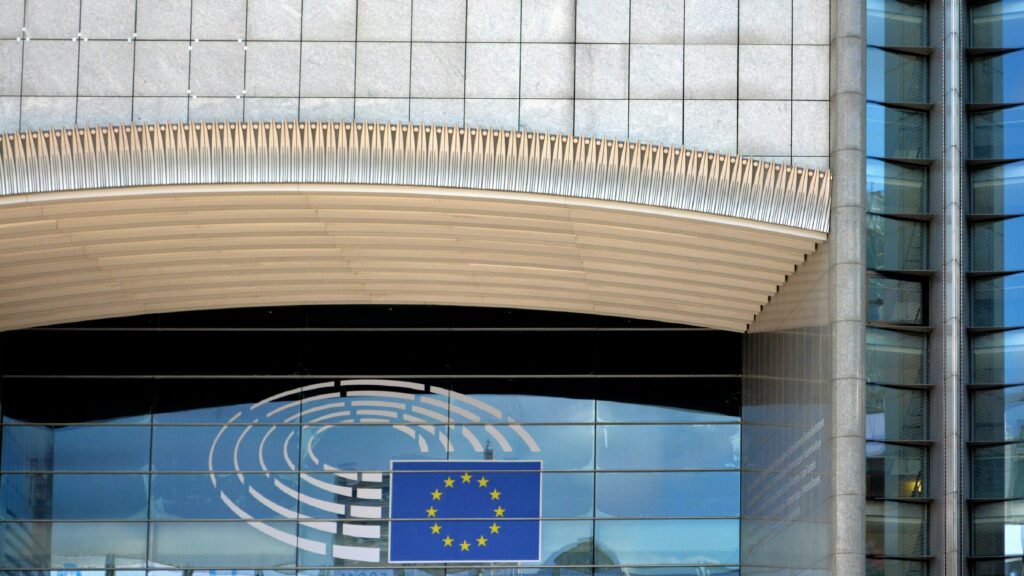Insights into the European Code of Good Conduct for Microfinance

The European Code of Good Conduct is a prerequisite for microcredit providers seeking EU funding through the EaSI financial instruments and the InvestEU Social Investment and Skills window.
In the last year, MFC, as a member of the Code Steering Group, has actively advocated for revisions to the Code to improve access to EU funding—especially for providers currently unable to meet its requirements. Recently, the European Commission (DG EMPL) launched a formal review process of the Code.
MFC, in collaboration with EMN, conducted the following activities to reshape the Code:
Gathering Sector Feedback
In collaboration with the European Microfinance Network (EMN), MFC conducted a survey among microfinance institutions (MFIs) to collect feedback on the European Code of Good Conduct (ECoGC). The survey received 24 responses, which were presented to DG EMPL in March. The input offered valuable insights into the current challenges and highlighted areas for potential improvement.
Key Recommendations from MFIs:
- Code Content: updating the Code to better reflect market realities; streamlining excessive requirements; aligning more closely with existing regulations and support programs.
- Certification Process: simplifying procedures; possibility of conducting certification in stages; defining clearer timeframes; introducing certification levels based on the type and size of the institution (e.g. banks, non-bank financial institutions, social finance providers).
- Renewal Process: standardizing the format to focus on updates and follow-up on previous recommendations.
- Certifying Institution: increasing the number of certifying bodies, potentially through regional institutions. While opinions varied in the survey, many advocated for a more flexible interpretation of Code clauses.
- Other Recommendations: creating a centralized database for annual mandatory data reporting from certified MFIs and open certification opportunities to non-EU organizations under specific conditions.
We sincerely thank all the institutions that participated in the survey:
Adie, AFI, Agro & Social Fund, Artigiancredito, Asociatia C.A.R. Retezatul, Aurora, Bizkaia, BT Mic, Cresaçor, Confeserfidi, FED Invest, FINBEE, FLEXIDEA, FONDI BESA, Lithuanian Central Credit Union (LCCU), Microlux, Mikrofonden, Nantik Lum, OMRO, SIS Credit, Slovene Enterprise Fund, Qredits, TISE, USTOI.
Broader Sector Consultation
In the next phase, the European Commission launched a broader survey targeting all organizations active in the microfinance sector − regardless of whether they currently apply the Code. The goal was to gather additional insights to inform the Code’s future direction.
The EC received 83 responses from 20 countries. We thank all participating organizations for their valuable contributions.
Consultative Workshops
The third step will involve a series of consultative workshops to further explore sector needs and refine proposed changes.
MFC has played an active role in shaping the Code from the beginning and continues to advocate at the EU level to ensure that evolving market conditions and MFI perspectives are reflected.
As part of the review process, the European Commission aims to expand the number of MFIs adhering to the Code in each country and to improve transparency by requiring certified MFIs to publish data regularly.
